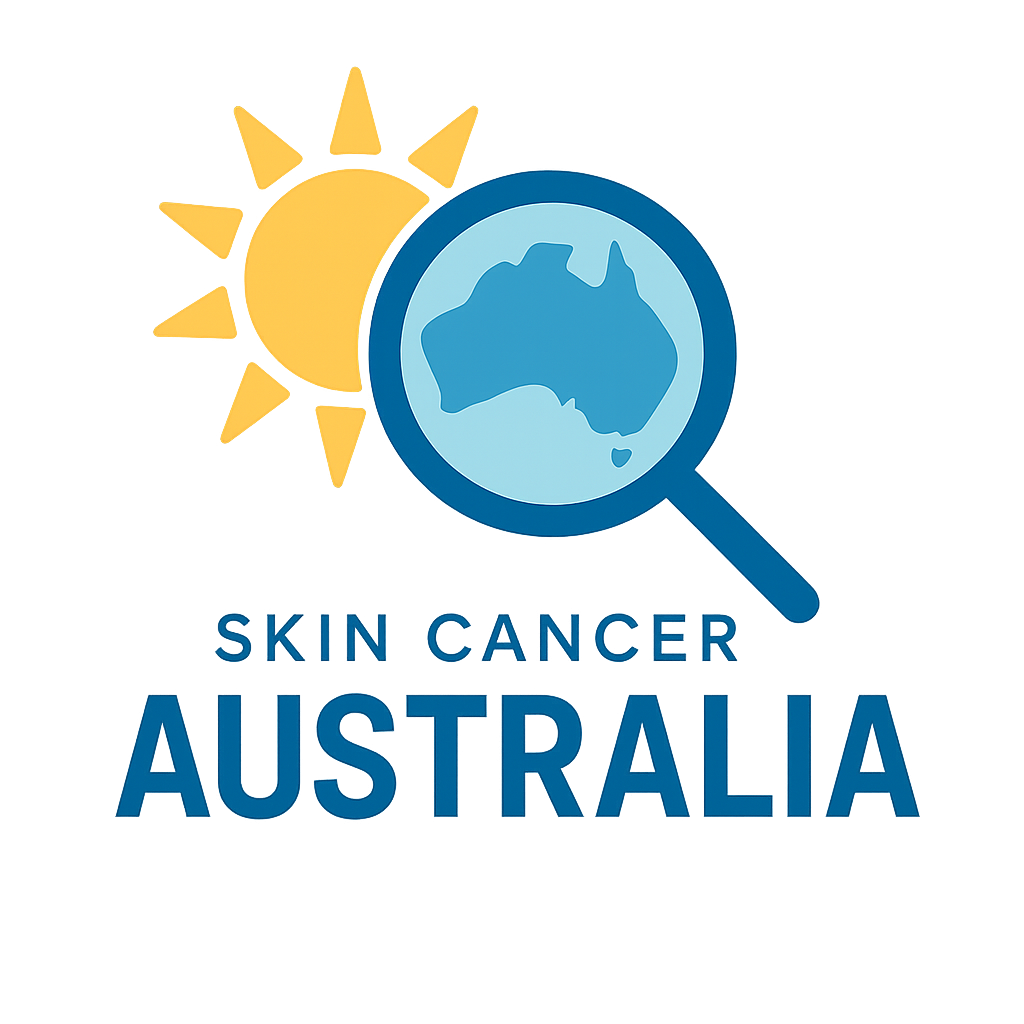Can Alcohol Increase Your Skin Cancer Risk?
Australia has the highest rate of skin cancer in the world. For Melbourne residents, the risk is especially significant due to high UV exposure and lifestyle factors. But a lesser-known contributor to skin cancer risk is now gaining attention: alcohol consumption.
A major study from the Women’s Health Initiative has found compelling evidence that alcohol intake—especially preferences for white wine and spirits—may increase the risk of both melanoma and non-melanoma skin cancers. For those living in sun-soaked Melbourne, this insight adds a new layer to the conversation about prevention and early detection.
The Study at a Glance
Involving over 59,000 White postmenopausal women, this long-term observational study followed participants for more than 10 years. It examined the association between alcohol consumption patterns and the development of skin cancers.
Key findings included:
-
People consuming 7 or more drinks per week were at a significantly higher risk of developing melanoma (Hazard Ratio [HR] 1.64) and non-melanoma skin cancer (Odds Ratio [OR] 1.23).
-
Even lifetime alcohol consumption was linked with increased skin cancer risk.
-
Those with a preference for white wine or spirits had notably higher risks:
-
White wine: HR 1.52 for melanoma and OR 1.16 for NMSC.
-
Liquor: HR 1.65 for melanoma and OR 1.26 for NMSC.
-
Why Might Alcohol Influence Skin Cancer Risk?
Alcohol is known to:
-
Increase skin photosensitivity, making you more susceptible to UV damage.
-
Impair immune function, reducing your body’s ability to repair DNA damage.
-
Produce harmful by-products (like acetaldehyde) that may interfere with skin cell health.
Combined with Australia’s intense UV exposure, alcohol may act as a compounding factor in skin cancer development.
What This Means for Residents of Melbourne
While traditional advice focuses on sun protection, this research adds another modifiable risk factor: alcohol consumption. Melbourne residents who enjoy regular drinks—especially white wine or spirits—should consider this in the broader context of their skin health.
Practical Steps to Reduce Risk
Here are some expert tips for people across Melbourne, especially those at higher risk:
-
Book a professional skin check in Melbourne at least once a year if you’re over 40 or have a history of sunburn, fair skin, or family history of skin cancer.
-
Limit alcohol consumption—particularly white wine and spirits.
-
Use sun protection daily, including SPF 50+ sunscreen, hats, and clothing.
-
Stay aware of new or changing moles or spots and seek medical advice promptly.
-
Visit a skin cancer clinic in Melbourne for full-body skin checks, mole mapping, and risk assessment.
What About Non-Surgical Mole Removal?
With more people seeking cosmetic solutions, non-surgical mole removal in Melbourne is increasingly popular. However, suspicious moles should never be removed for cosmetic reasons without a proper skin cancer screening first.
Melbourne Clinics Offering Skin Cancer Checks
Whether you’re seeking a skin check in Melbourne, mole removal in Melbourne, or sun spot removal in Melbourne, many reputable skin cancer clinics offer comprehensive services. Look for clinics that use dermoscopy, total body photography, and provide follow-up support.
Final Thoughts
Alcohol is now recognised as more than just a risk factor for liver or breast cancer. For people in Melbourne and across Australia, it may also play a role in increasing the risk of melanoma and non-melanoma skin cancers. As we embrace the sunshine and an active lifestyle, being mindful of alcohol intake adds an important layer of protection.
If you’re overdue for a skin cancer check, now’s the time to act. Book your appointment at a skin cancer clinic in Melbourne and take charge of your skin health today.
References
-
Kubo JT, Henderson MT, Desai M, et al. Alcohol consumption and risk of melanoma and non-melanoma skin cancer in the Women’s Health Initiative. Cancer Causes & Control. 2014;25(1):1–10.
-
Sinclair R. Skin checks. Aust Fam Physician. 2012;41(7):464–469.
-
Cancer Council Australia – Skin Cancer Statistics and Guidelines
-
RACGP Red Book – Preventive Activities in General Practice
-
Skin Cancer Australia Journal Articles:
